The Buganda Clans
The clan in Buganda represents a group of people who can trace their lineage to a common ancestor and it is central to the Ganda culture. In the customs of Buganda, lineage is passed down along the same lines and the most important unit in Buganda’s culture is the clan. In the beginning, there were five original clans referred to as “Banansangwa” simply meaning “the indigenous clans” and they are: Ffumbe, Lugave, Nηonge, Njaza and Nyonyi. These went on expanding to 52 clans by 1966. The clan in Buganda forms a large extended family. Members of the same clan regard each other as brothers and sisters regardless of how far they are in terms of actual blood ties. A formal introduction of a Muganda includes his own names, the names of his father and paternal grandfather, as well as a description of the family’s lineage within the clan that it belongs to. The clans are organized in a way that the clan leader is at the top (Ow’akasolya), followed by successive subdivisions called the ssiga, mutuba, lunyiriri and finally at the bottom the individual family unit (Enju).


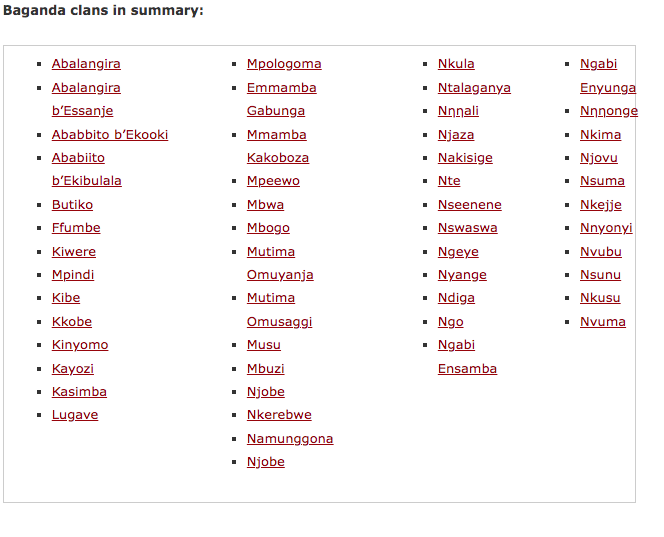

Every Muganda is required to know where he/she falls within each of these subdivisions. It is a curious fact that the clans are not known by the names of the respective clan founders but instead totems were adopted by the clans.
Each clan has a main totem (Omuziro) and a minor totem (akabbiro). The clans are usually known by the main totem and they are listed above by that totem.
The royal clan (Abalangira) is a unique exception in that it has no totems.
For a proper understanding of the culture however, it is important to distinguish between the totem and the clan. However, it should be understood that there is a difference between a clan and a totem where by a clan is a matter of genealogy and it is through the clan that the Baganda trace their ancestry well as a totem is just a symbol to represent the clan.
Although the two are intimately associated with one another, they are in fact different.
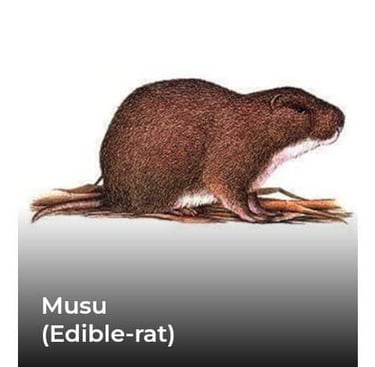

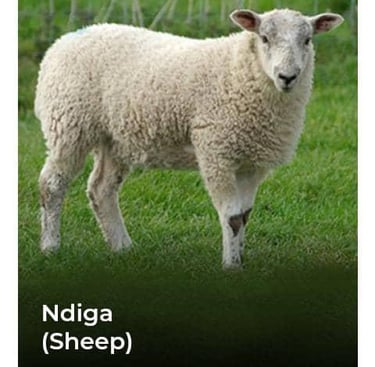

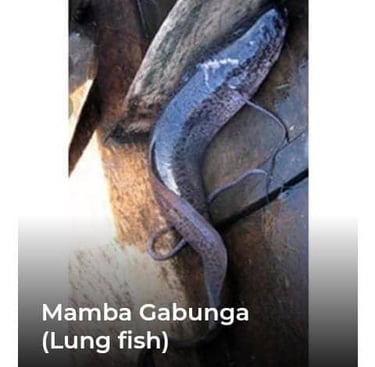

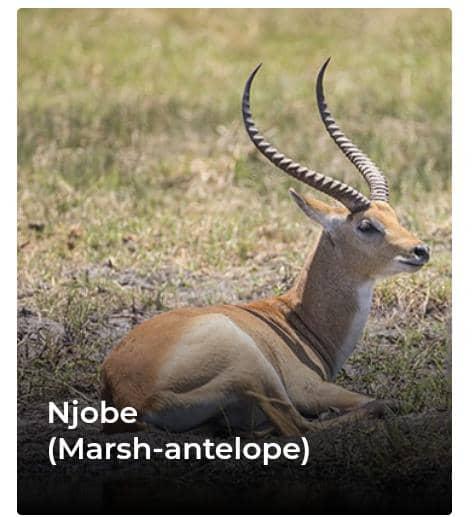

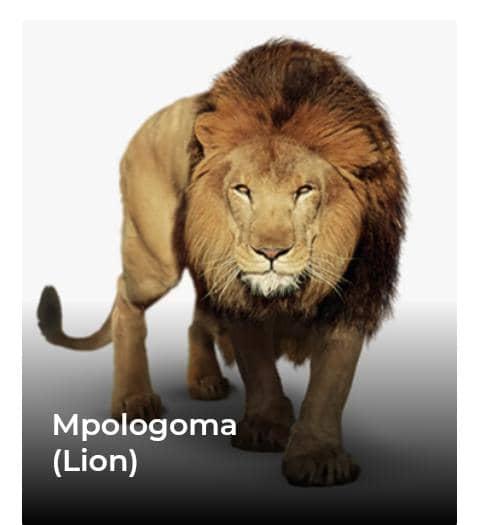

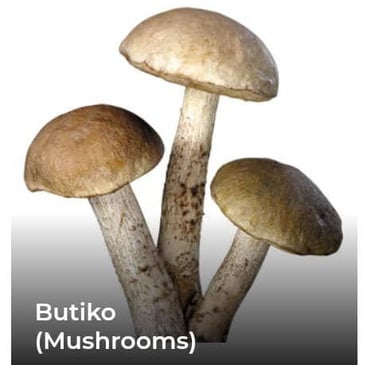

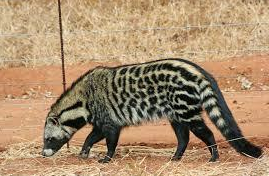

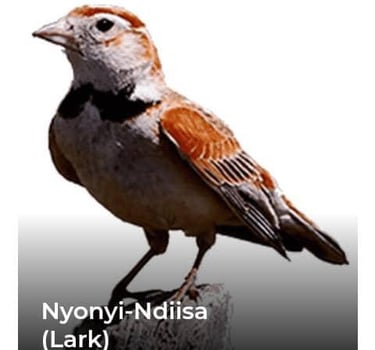

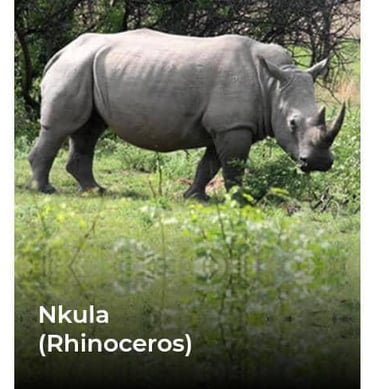

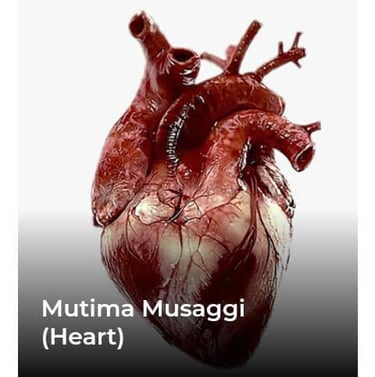

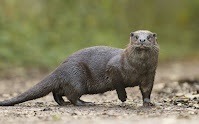

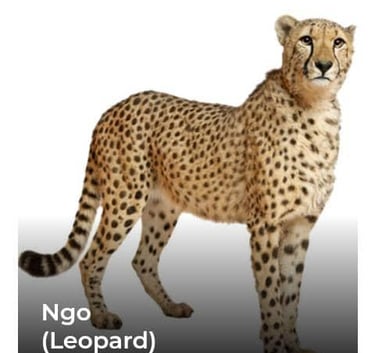

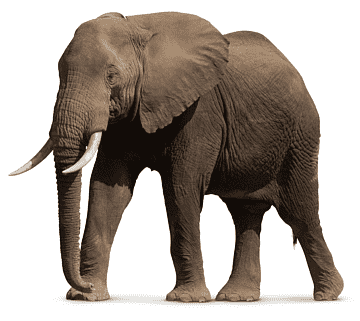

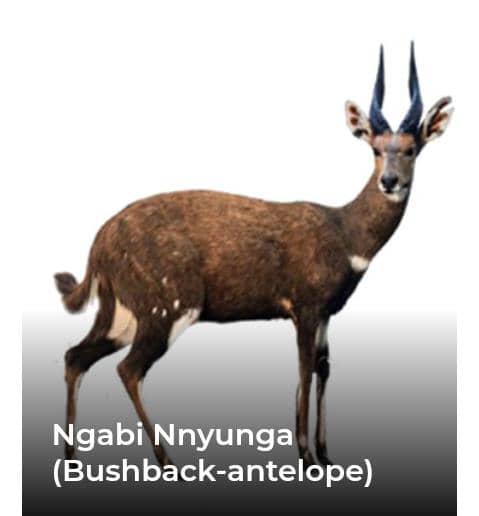

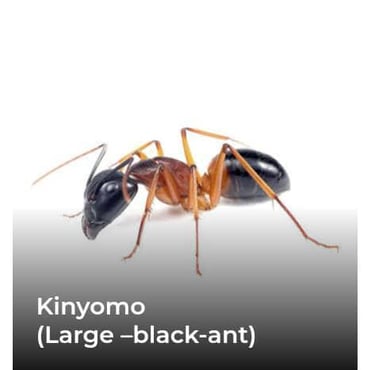

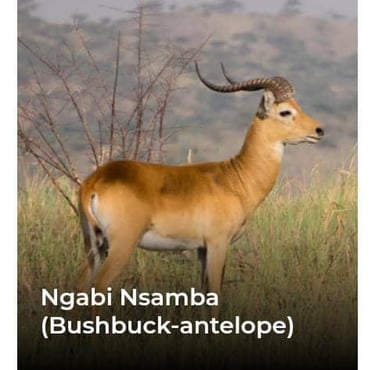

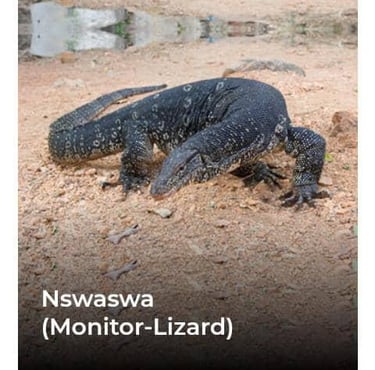

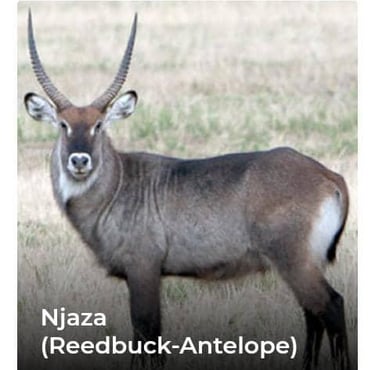

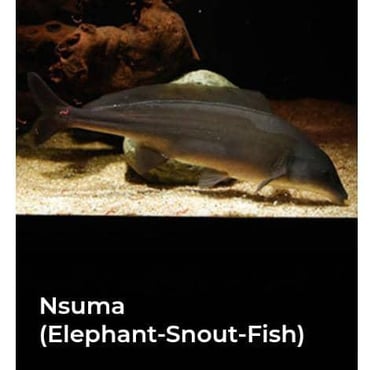

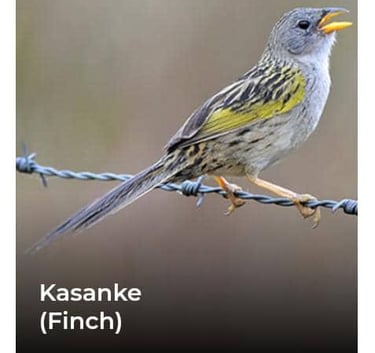

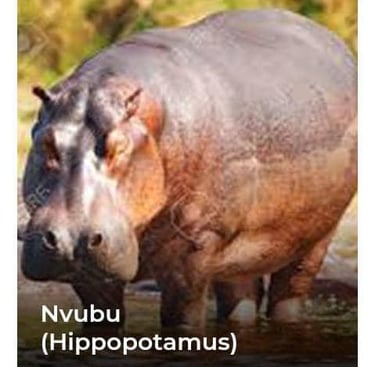

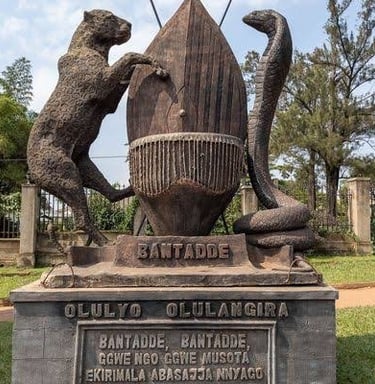

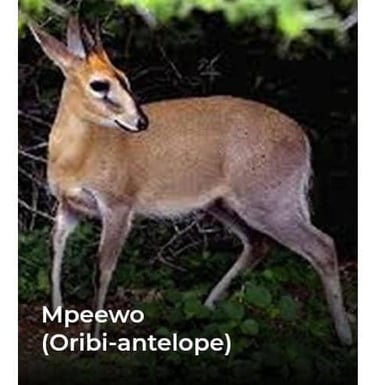

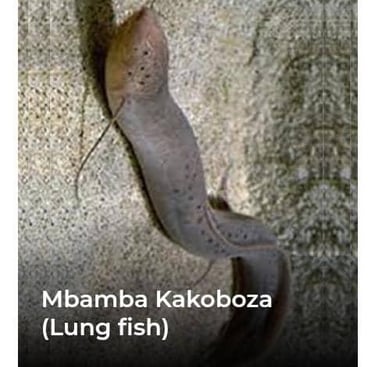

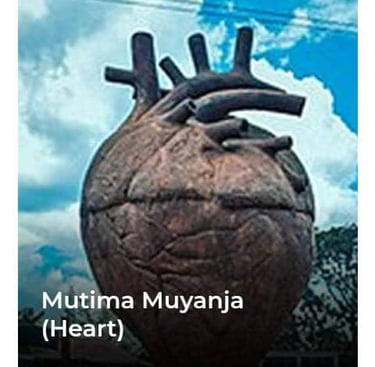

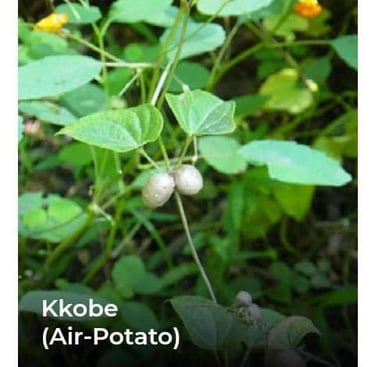

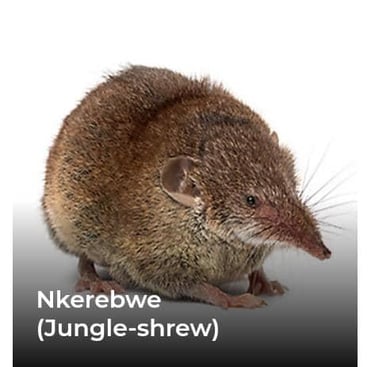

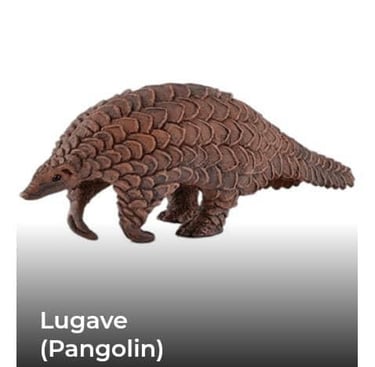

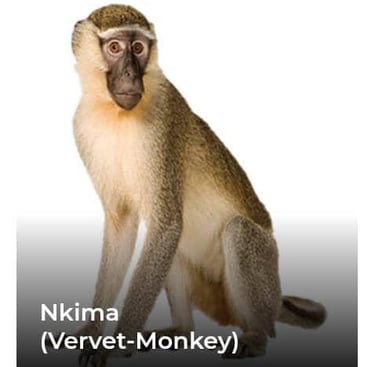



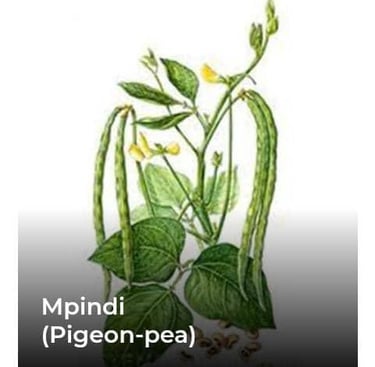

Kobe
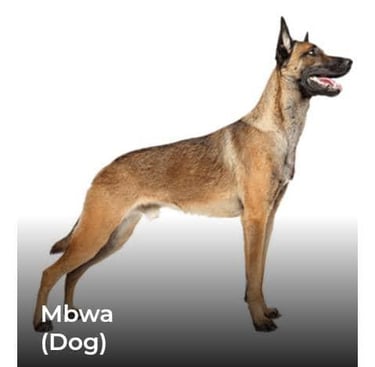

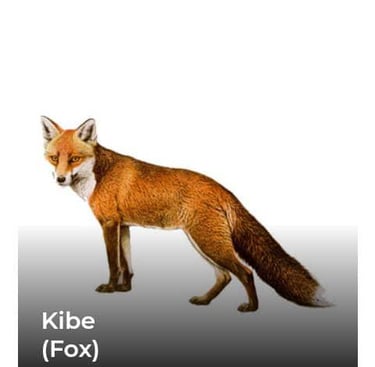

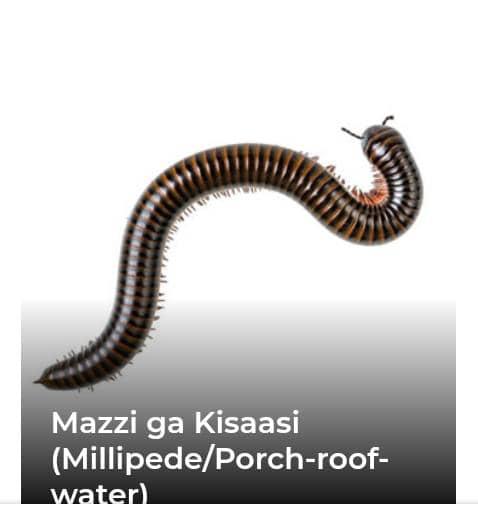

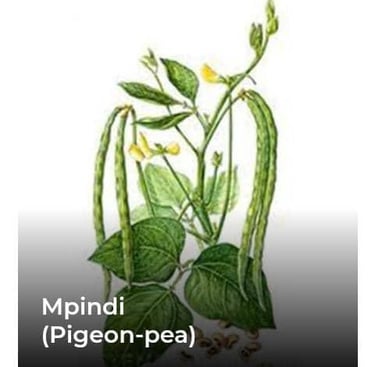

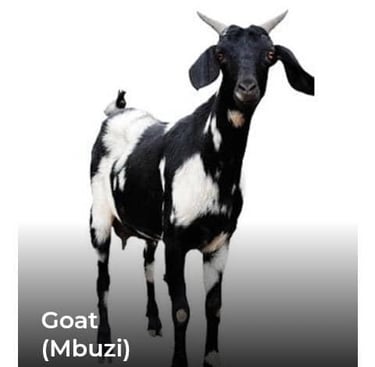

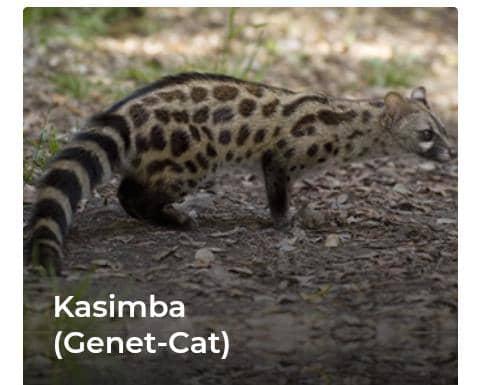

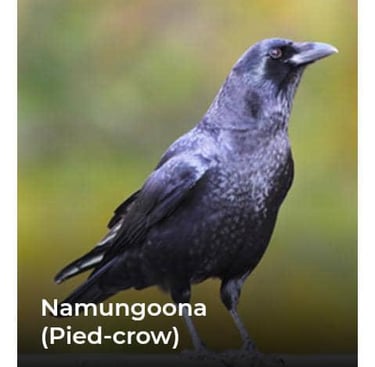

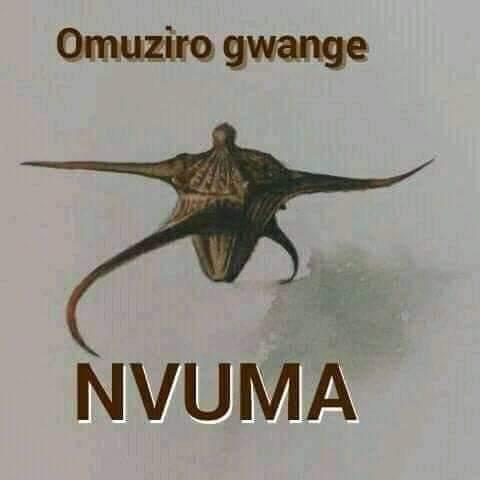

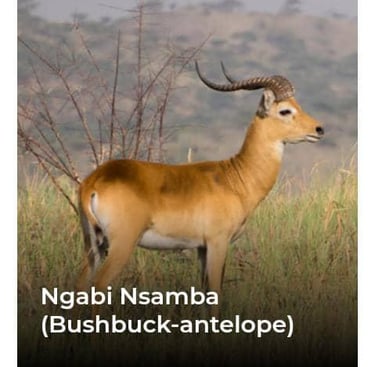

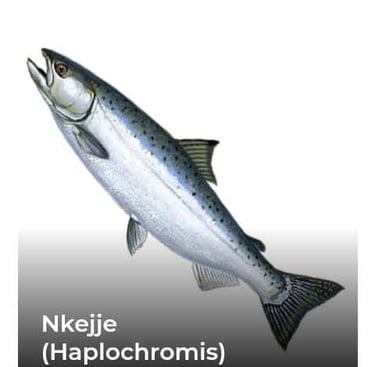

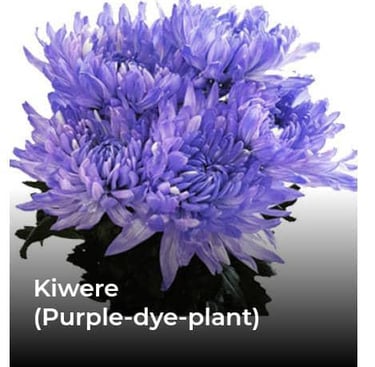

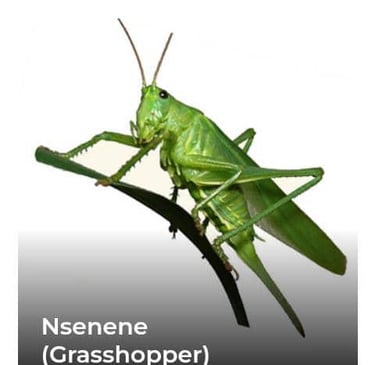

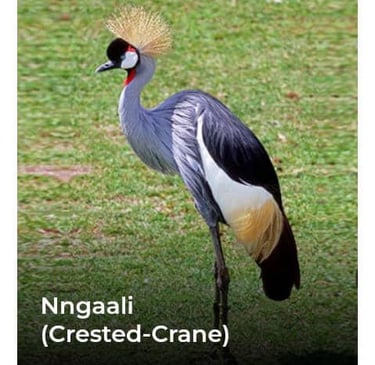

COPYRIGHT BUGANDA MADDIRO © 2024.
CONTACT US
Email: bugandamaddiro@gmail.com
Tel: +256778030282




